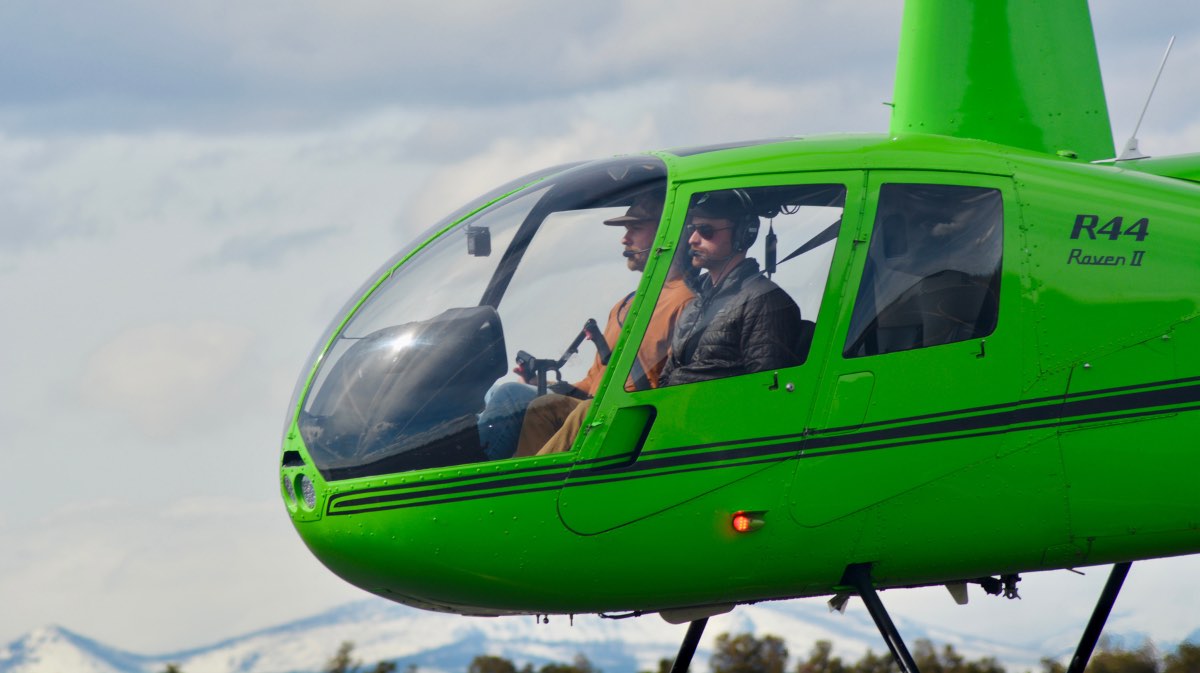Situational awareness (SA) is one of the cornerstones of effective aviation. At Leading Edge Flight Academy, we emphasize this as among the most important pilot skills for ensuring safety and efficiency in flying. Situational awareness involves the ability to recognize, process, and comprehend the critical elements of your environment while flying, enabling you to make informed and decisive actions under varying circumstances. Here, we delve deeper into what SA consists of, its importance in flying, and practical advice on how a pilot can sharpen this crucial ability.
Why Is SA Integral to Pilot Skills for Safe Flying?
The role of SA in aviation cannot be overstated. But, it’s vital for maintaining safety throughout the flight operation. Loss of situational awareness often leads to conditions where avoidable mistakes occur. Pilots who are well-versed in maintaining excellent situational awareness can anticipate and mitigate risks efficiently, ensuring not only the safety of their aircraft but also that of their passengers and crew.
Tips for Cultivating Strong Situational Awareness
Continuous Learning and Training
Knowledge is the foundation of good situational awareness. Keep abreast of the latest aviation technology, regulations, and flying techniques. At Leading Edge, our curriculum is designed to keep you ahead, integrating the latest insights and trends in aviation into our training modules.
Use of Flight Simulators
Simulators are fantastic tools for enhancing pilot skills. They provide a risk-free environment to practice handling various flying scenarios, including experiencing system failures or weather changes, which allows you to practice your reactions and decision-making processes.
Pre-Flight Preparation
Effective pre-flight planning is crucial for setting the stage for good situational awareness. Understand and plan for all aspects of your flight. Review the route, weather forecasts, NOTAMs (Notices to Airmen), and the mechanical status of your aircraft. The more prepared you are, the less likely you are to be caught off-guard.
Stay Ahead of the Aircraft
This concept involves always thinking and planning ahead of your current position and scenario. Do not dwell on the ‘now’; consider what will happen in the next five, 10, or 15 minutes. This proactive approach keeps you ready to handle potential changes and challenges timely.
Communicate Effectively
Clear communication with air traffic control (ATC) and your crew enhances situational awareness. It ensures you receive vital information about your environment and can promptly share any concerns or anomalies you encounter.
Regular Debriefs
After each flight, take time to reflect on and analyze your performance. Identify what you did well and what you could improve. Regular debriefing sharpens your self-awareness and enhances your overall pilot skills.
Prepare for Success
Cultivating excellent situational awareness is an ongoing process that demands diligence, practice, and commitment. At Leading Edge Flight Academy, we equip our students with the skills necessary to build robust situational awareness. By investing in thorough training and continuous self-improvement, you elevate your safety, proficiency, and confidence as a pilot.
Fly with us, and let’s enhance your ability to master the skies safely and expertly.
